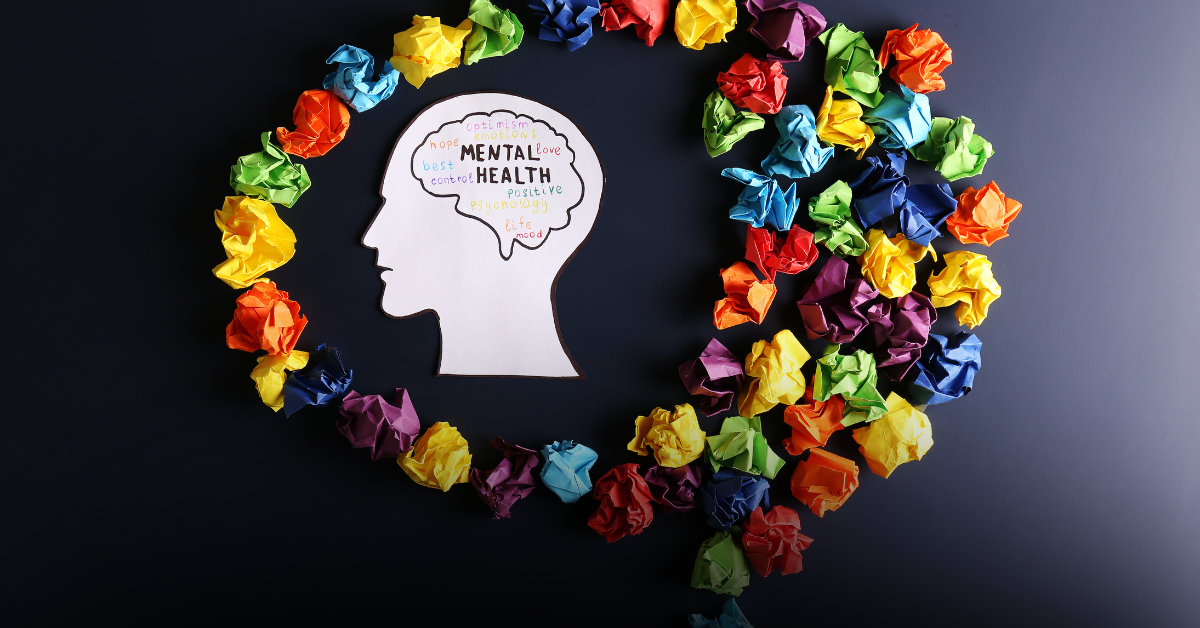Mental health is as essential as physical health. Recognizing when to seek help is the first step toward improved well-being. Here are some signs that it might be time to speak with a mental health professional.
1. Persistent Feelings of Sadness or Hopelessness
If sadness or hopelessness lasts more than two weeks, it could indicate a depressive disorder. According to a study published in the Journal of Clinical Psychology, prolonged sadness is one of the main symptoms of depression and warrants professional attention.
2. Overwhelming Anxiety or Constant Worry
Everyone experiences anxiety, but if it feels overwhelming daily, it could be a sign of an anxiety disorder. Research from the National Institute of Mental Health indicates that excessive worry may lead to generalized anxiety disorder, affecting millions of adults worldwide.
3. Difficulty Concentrating or Remembering Things
Trouble focusing on tasks or remembering details can impact your personal and work life. A study from Psychiatry Research suggests that concentration issues are often linked to conditions like ADHD or depression.
4. Social Withdrawal or Isolation
If you’ve lost interest in social activities you once enjoyed, it might indicate depression. Studies from the American Psychological Association show that social withdrawal can be a coping mechanism for mental health issues and may require intervention.

5. Drastic Changes in Sleep Patterns
Sudden changes in sleep, such as insomnia or excessive sleeping, can indicate a mental health concern. Sleep Medicine Reviews highlights that sleep disturbances are often early signs of conditions like anxiety and depression.
6. Unexplained Physical Aches or Pains
Physical symptoms, like headaches or stomach issues, can sometimes stem from mental health struggles. Research in Psychosomatic Medicine shows a strong link between mental health disorders and physical pain, especially in cases of depression and anxiety.
7. Irritability or Mood Swings
If you’re experiencing frequent mood swings or irritability, it could be a sign of a mood disorder. A study in Behavioral Neuroscience reveals that mood instability is common in bipolar disorder and certain anxiety disorders.
8. Increased Use of Alcohol or Substances
If you rely on alcohol or drugs to cope, it may indicate an underlying mental health issue. According to the National Institute on Drug Abuse, substance abuse often co-occurs with mental health disorders and requires specialized treatment.
9. Feelings of Worthlessness or Guilt
Persistent feelings of worthlessness or guilt could suggest a depressive disorder. The Journal of Affective Disorders found that these feelings are common among those with depression and are often a key indicator for seeking help.
10. Thoughts of Self-Harm or Suicide
If you’re having thoughts of self-harm or suicide, reach out immediately. This is one of the most critical reasons to seek professional help. Studies from Crisis: The Journal of Crisis Intervention and Suicide Prevention stress the importance of early intervention for these thoughts.
When to Take Action
If you’re experiencing any of these symptoms, consider speaking with a mental health professional. Early intervention can improve your quality of life and help you develop coping strategies.
Conclusion: Prioritize Your Mental Health
Recognizing these signs is crucial for your mental well-being. If you’re facing any of these issues, reaching out can make a difference. Mental health professionals provide guidance, therapy, and support to help you overcome these challenges.
Follow us on Instagram!


